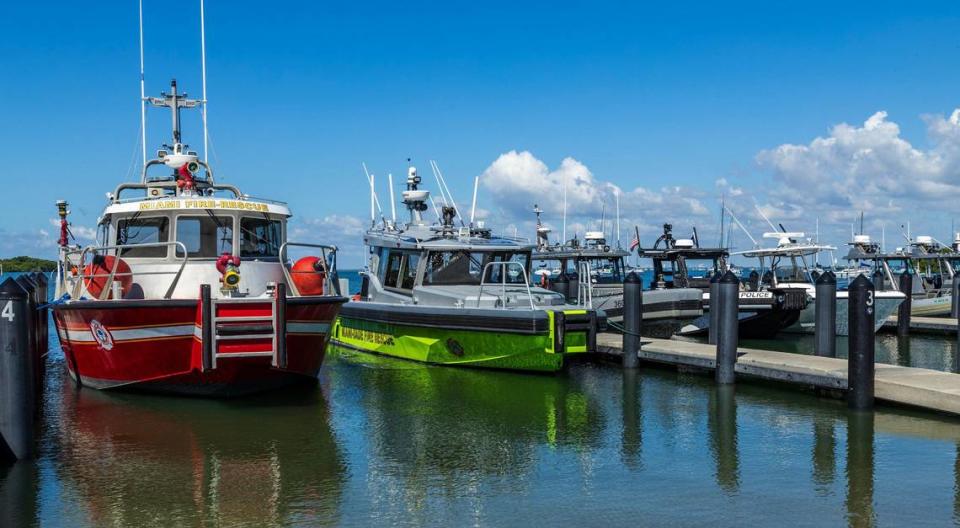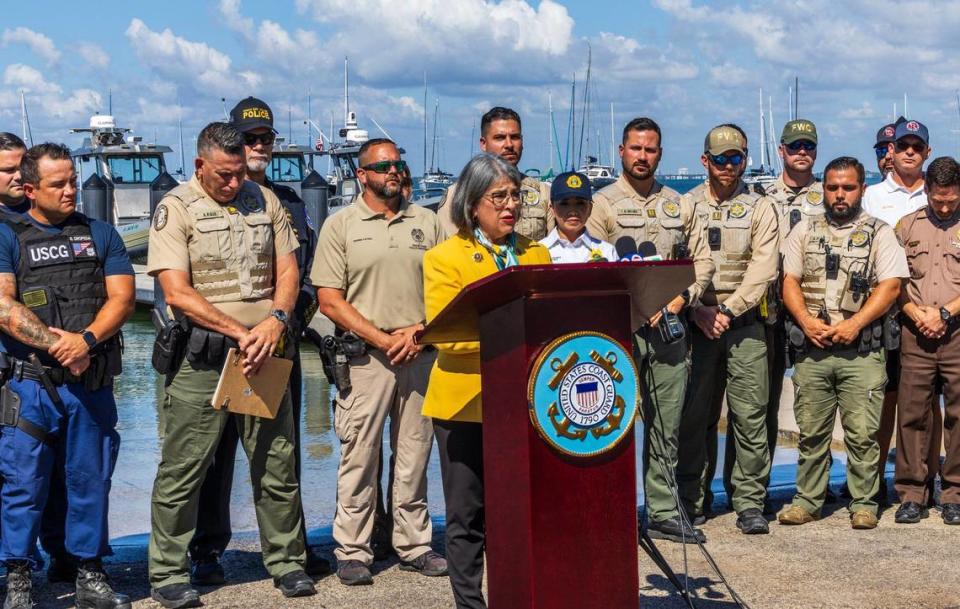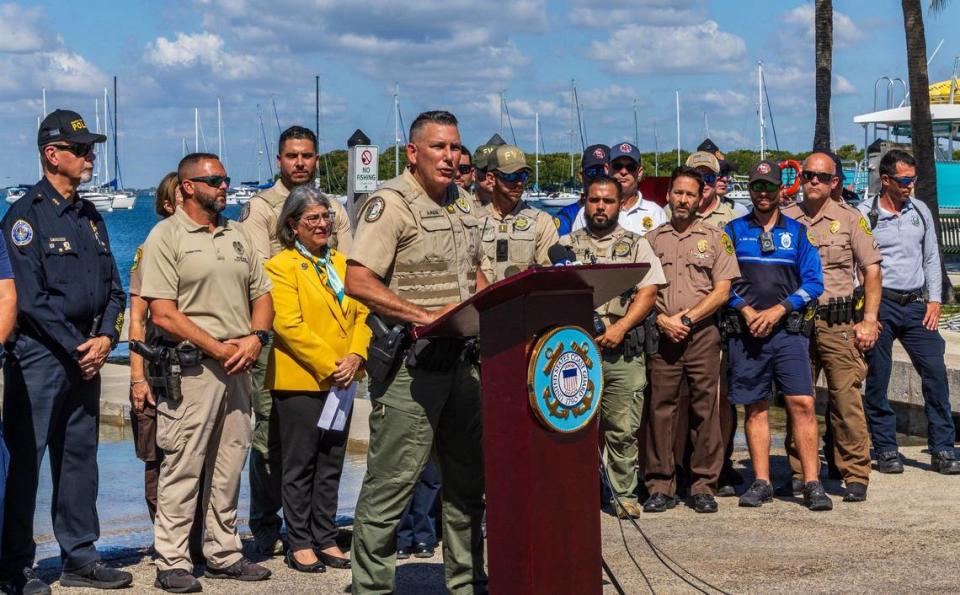Can you have beer on a boat in Florida? What the law says about drinking on the water
You can’t drink in a vehicle, or even carry an open bottle of alcohol.
Boating in Florida is a different story.
Not only is it OK to have beer aboard a boat, everyone can chug, even the captain. The only restriction on the operator of the boat: Don’t exceed the blood-alcohol level considered to be legally drunk.
Here are some things to know about boating and drinking in Florida:
What are the restrictions on boating and drinking in Florida?
▪ While open container laws don’t pertain to boats like they do cars, and it’s legal to consume alcohol on vessels, boat operators are held to the same legal standards as drivers on the road and must be sober.
▪ Boat passengers and boat operators can drink on board. But if the operator’s blood- or breath-alcohol level is .08 or higher — the same level as a driver on the road — then it’s considered boating under the influence and a violation of state law.
What is the penalty for drunk boating in Florida?
People who operate a boat under the influence can be fined up to $500 and imprisoned for up to six months for a first conviction. Second convictions carry fines up to $1,000 and a prison term of up to nine months.
What about boating accidents in Florida?
▪ Almost a quarter of fatal boating accidents involved drugs and alcohol in 2023 — and a whopping 82% involved operators with no formal boating education, according to the Florida Wildlife Conservation Commission. Half of all reported boating collisions in 2023 were linked to inattention and improper lookout procedure.
▪ Florida leads the nation in the number of boats, with 1,035,911 registered vessels in 2023, an 8 percent increase over 2019, according to the FWC. During the pandemic, more people moved to Florida, leading to more boats on the water. Last year, there were 659 boating accidents reported statewide. Of those, 56 were fatal — about 9 percent — resulting in the death of 59 people.
▪ Monroe County had the highest number of boating accidents and injuries in 2023, with 87 accidents involving three fatalities and 62 injuries, the FWC said in its annual report on Florida boating accidents.
How do drinking and driving laws differ on sea and land?
▪ In motor vehicles, Florida law bans carrying an open container of alcohol or consuming alcohol. That covers both drivers and passengers.
▪ Containers with a broken seal can be kept in locked compartments that are inaccessible to the driver and passengers. That means you can put your alcohol in a locked glove compartment or in the trunk.
▪ You can drink as a passenger in a bus or a taxi. Self-contained motor homes over 21 feet in length are also safe. Keep in mind that Uber and Lyft drivers don’t possess commercial driving licenses, so you would be in violation of the law if you drink as a passenger in a ride-share vehicle. And some public buses ban all drinks on board, even a soda.




